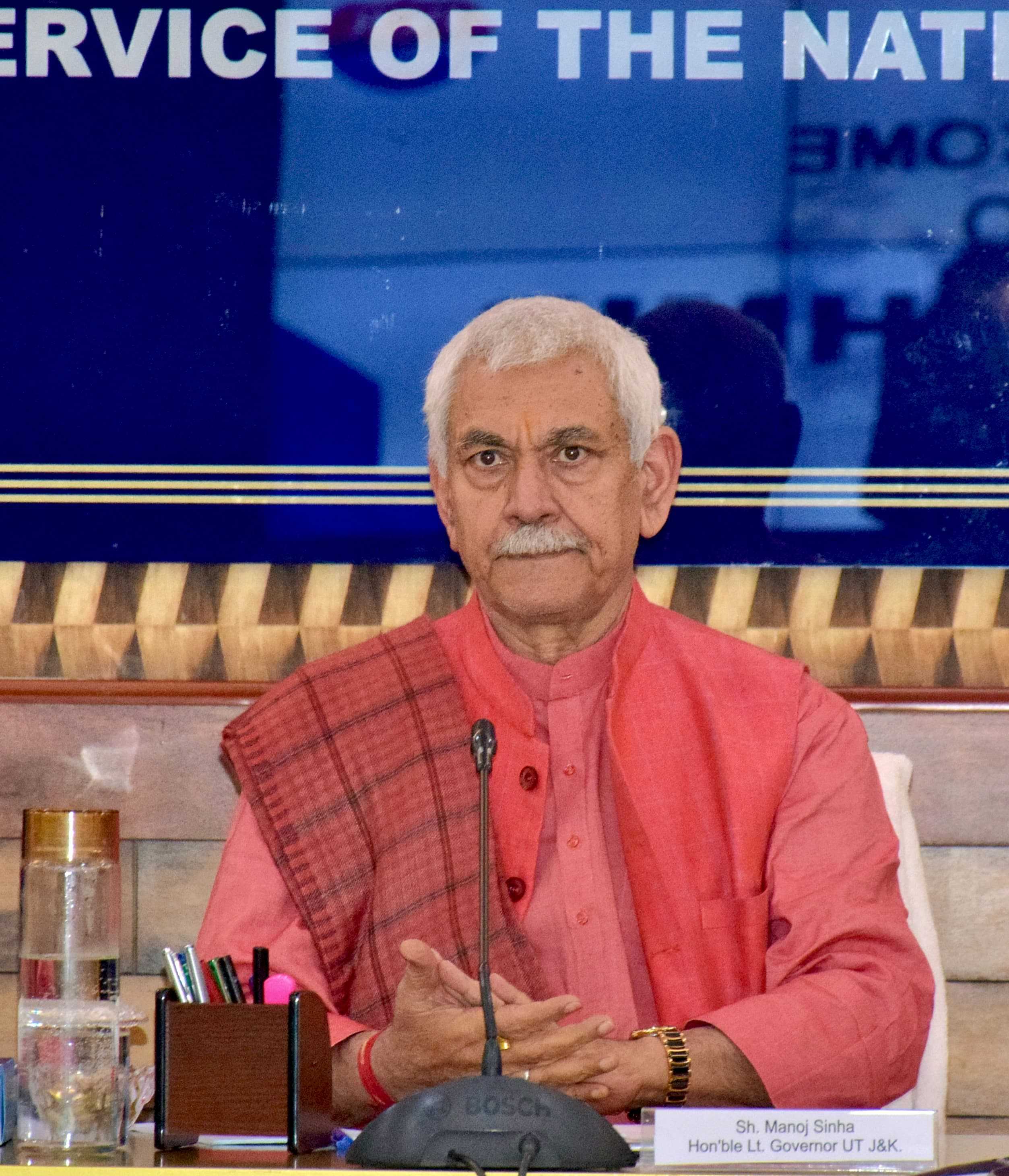
People across the country are complacent about the ominous dangers of Omicron with Covid appropriate behavior hardly practiced on the ground except some who had the experience of living with the virus. The Omicron coronavirus variant is now spreading at warp speed. Three weeks after it was first detected in the US, it has become the dominant coronavirus strain. Data that has been collected in South Africa, where scientists first discovered this variant from samples collected on November 12, and the UK, where the variant was detected on November 27, is providing us with a sense of what to expect: exponentially rising Covid case counts placing yet another strain on already beleaguered health care systems, holiday disappointments and, for those caught in the surge, fevers, aches and other Covid-19 symptoms. Thankfully, most reports so far demonstrate that Omicron infection, relative to Delta or other variants, causes a less severe infection, with a lower hospitalization and case fatality rate. As information accrues, attention is turning back to where it always seems to land: vaccination. However, this time, it is not only about the unvaccinated -- though they remain at high risk for infection. Rather, the focus is on the high rate of vaccine evasion demonstrated by Omicron among recipients of the recommended two-shot series of mRNA vaccines (Moderna or Pfizer/BioNTech). In the last few weeks, reacting both to Omicron and clear evidence of fading immunity to the Delta variant after six months, public health authorities strongly encouraged the already vaccinated to receive a third dose -- the booster -- pronto. Adding the third shot clearly is effective against Omicron as well, with National Institutes of Health data on the Pfizer vaccine showing that protection after three doses can reach about 80% effectiveness. Preliminary data from Imperial College London on both mRNA vaccines used in the US places the protection from a third dose between 55% and 80%. The booster-induced immunity is also critical for reducing the risk of severe symptoms, even if a breakthrough infection should occur. The months ahead will be scary as we will inevitably watch Covid cases rise. Perhaps the Omicron surge will accomplish what the Alpha and Delta surges before it failed to do: convince people to protect their own and their community's health. Hope springs eternal.


People across the country are complacent about the ominous dangers of Omicron with Covid appropriate behavior hardly practiced on the ground except some who had the experience of living with the virus. The Omicron coronavirus variant is now spreading at warp speed. Three weeks after it was first detected in the US, it has become the dominant coronavirus strain. Data that has been collected in South Africa, where scientists first discovered this variant from samples collected on November 12, and the UK, where the variant was detected on November 27, is providing us with a sense of what to expect: exponentially rising Covid case counts placing yet another strain on already beleaguered health care systems, holiday disappointments and, for those caught in the surge, fevers, aches and other Covid-19 symptoms. Thankfully, most reports so far demonstrate that Omicron infection, relative to Delta or other variants, causes a less severe infection, with a lower hospitalization and case fatality rate. As information accrues, attention is turning back to where it always seems to land: vaccination. However, this time, it is not only about the unvaccinated -- though they remain at high risk for infection. Rather, the focus is on the high rate of vaccine evasion demonstrated by Omicron among recipients of the recommended two-shot series of mRNA vaccines (Moderna or Pfizer/BioNTech). In the last few weeks, reacting both to Omicron and clear evidence of fading immunity to the Delta variant after six months, public health authorities strongly encouraged the already vaccinated to receive a third dose -- the booster -- pronto. Adding the third shot clearly is effective against Omicron as well, with National Institutes of Health data on the Pfizer vaccine showing that protection after three doses can reach about 80% effectiveness. Preliminary data from Imperial College London on both mRNA vaccines used in the US places the protection from a third dose between 55% and 80%. The booster-induced immunity is also critical for reducing the risk of severe symptoms, even if a breakthrough infection should occur. The months ahead will be scary as we will inevitably watch Covid cases rise. Perhaps the Omicron surge will accomplish what the Alpha and Delta surges before it failed to do: convince people to protect their own and their community's health. Hope springs eternal.
© Copyright 2023 brighterkashmir.com All Rights Reserved. Quantum Technologies